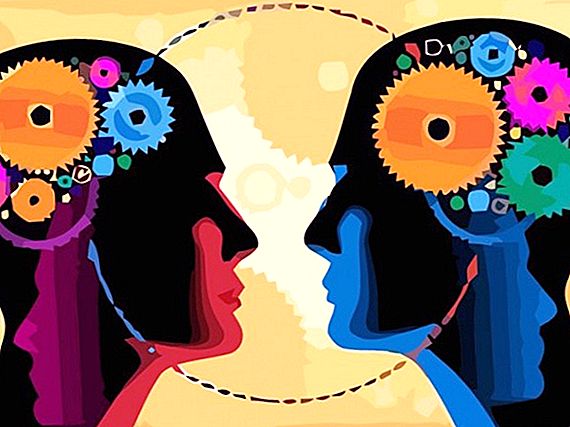Today, people are increasingly striving for a conscious life and harmonious relationships. An understanding of one’s psychotype, as well as the psychotypes of one’s loved ones, from the point of view of socionics, can be some help on the way to this.

What are the specifics?
Indeed, in order to understand another, one must first learn to understand oneself. Despite the fact that the socionic approach today is not recognized as completely scientific, it has many supporters.
The socionic classification of psychotypes is based on the typology of C. Jung and the theory of informational metabolism of A. Kempinsky. Among other signs, socionics takes into account the opposition of an extrovert-introvert and identifies eight types of introverts.
Lyric, or Yesenin (logic + ethics)
This is a romantic, focusing primarily on feelings, and in the last - on logic and common sense. Communicating with such a person is comfortable, although his behavior very often seems incomprehensible. The lyricist is unlikely to become a good organizer, since he is also struggling to cope with his own affairs, usually he himself would be happy to find a patron.
Critic, or Balzac (intuition + logic)
An intellectual who is used to analyze what is happening from a logical point of view. It has difficulty with sympathy, as it does not know how to read the emotional state of others. Balzac is often arrogant.
Mediator, or Dumas (sensory + ethics)
Representatives of this psychotype love and know how to live with pleasure. Intermediaries easily create a comfortable environment anywhere. They feel the mood of the people around them well and are always ready to help. But with business qualities they have difficulties.
Master, or Gabin (sensorics + logic)
These people judge everything from a position of benefit. They do not like to do meaningless things, people are also judged by the results of their activities. They look balanced, although, in fact, they often simply hide their feelings.
Humanist, or Dostoevsky (ethics + intuition)
The main value for a humanist is morality. This is a sensitive soul, always ready to help. However, people of this type often lack perseverance, so they do not like disputes and conflicts.
Keeper, or Dreiser (ethics + sensory)
These are strong-willed people for whom moral duty is paramount. They do not like senseless reverie, as well as excessive emotionality. They prefer to make clear plans, although if the task is overwhelming, they are easily abandoned.
Analyst, or Robespierre (logic + intuition)
They are able to penetrate into the essence of phenomena, as well as talk about global issues, neglecting particulars. The main thing for the analyst is the mind. Emotions for him are an unfamiliar territory on which he focuses on others.
Maxim Gorky, or Inspector (logic + sensorics)
He has a strong will and does not like chaos. It is easier to maintain business relationships with others than close, personal ones. He loves stability and does not tolerate exaltation.
Related article
How to recognize an introvert
